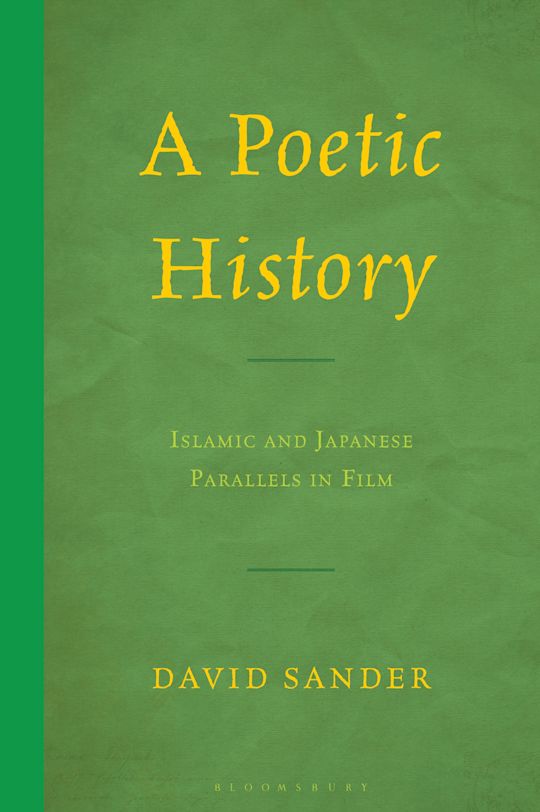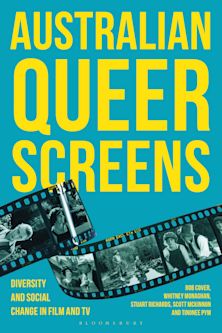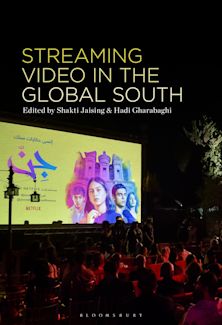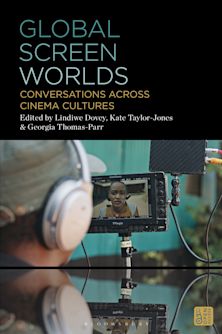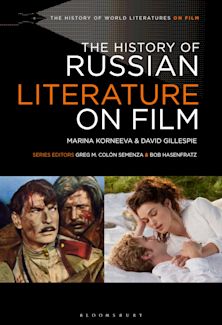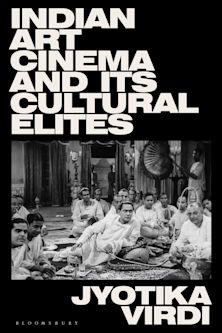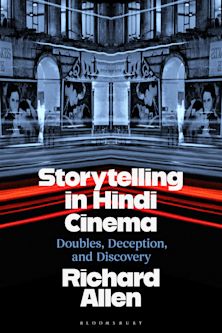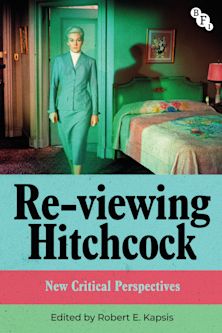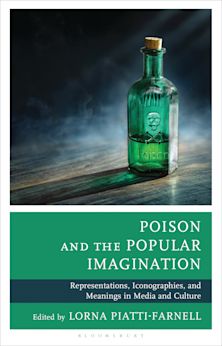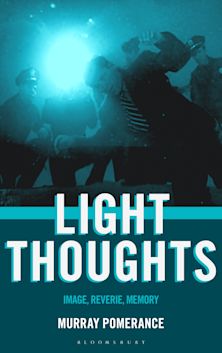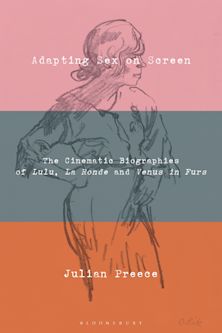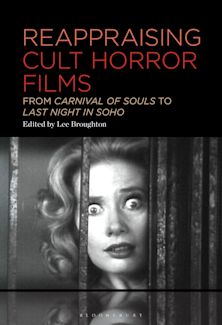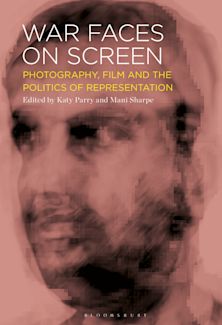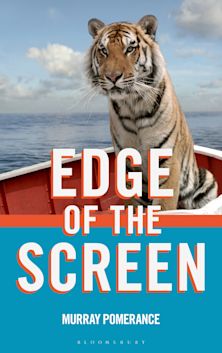- Home
- ACADEMIC
- Film & Media
- Film History
- A Poetic History
You must sign in to add this item to your wishlist. Please sign in or create an account
Description
David Sander invites readers on a cinematic journey through Islamic and Japanese cultural and religious worlds. This unusual juxtaposition crosses boundaries established by a strictly linear view of history, revealing astonishing connections beneath the surface.
Sander shows how certain films continue older poetic and mythic traditions, evoking archetypal moments of spiritual crisis that are both unique and universal. This filmic journey allows a meeting with countless lives, souls and stories that remain latent and uncelebrated in contemporary societies. As Sander traverses deep parallels and channels between these worlds, a landscape of poetic history is revealed. Poetic history, he contends, is an age-old mode of cognition, a nuanced alternative logic for understanding and metabolizing the past through juxtaposed images, rather than through linear cause-and-effect narratives. It preserves access to otherwise intangible relationships between the psyche and the whole.
As the book unfolds, we can see film after film, with their subliminal spiritual and poetic roots, weaving together a subtle tapestry. An archetypal, border-crossing image of the human “wanderer” appears, an image that helps chart dangers of the collective journey. The cinematic wanderer, like the rest of us, faces profound trauma and the possibilities of ecological destruction and apocalyptic warfare, that may both hide and reveal the wellsprings of love, healing and renewal.
Table of Contents
Introduction
1. Hell, History and Perpetual Creation
2. A Poetic History: The Wanderer
3. Film and Poetic Transformation of Trauma
4. Monstrosity, the Beloved and Nature
5. Soul and the Sword
6. No Riddle But Time
7. Love That Tames
8. Surviving Totality
Bibliography
Index
Product details

| Published | Jan 22 2026 |
|---|---|
| Format | Ebook (PDF) |
| Edition | 1st |
| Extent | 304 |
| ISBN | 9798216255000 |
| Imprint | Bloomsbury Academic |
| Illustrations | 15 bw illus |
| Publisher | Bloomsbury Publishing |
About the contributors
Reviews
-
David Sander has shown the remarkable ability to analyze both Japanese and Muslim cinema, and to discover hidden connections in the ways they present visions of healing and compassion amidst suffering and loss. Like poetry, films create an alternative to the violence of history through offering images of hope and promise, defying selfishness and death by revealing the potential for new life and meaning.
John C. Lyden, Professor and Chair of Religious Studies, University of Nebraska Omaha, USA, and Editor of the Journal of Religion & Film, and Author of Film as Religion: Myths, Morals, and Rituals (2003)
-
David Sander's A Poetic History explores the dreamlike liminal space between cinematic imagination and social reality and points to film's ability to disclose core subtleties of human experience. Through a panoramic archive of Japanese, North African, Iranian, and South Asian cinema he reveals how filmmakers manage the trauma of abandonment, the threat of ecological devastation, the dangers of war, and the possibilities of healing and transformation. The innovative intersection of Japanese and Muslim cinema brings an unfamiliar but welcomed pairing to the study of religion and film.
Kristian Petersen, Associate Professor of Philosophy and Religious Studies, Old Dominion University, USA, and Editor of Bloomsbury Handbook of Muslims and Popular Culture (2023)
-
David Sander offers a scholarly journey through the metaphysics of Japanese and sufi cinema. He teases the threads of the subtle knots that bind Buddhism and Islam, revealing a tapestry rich with poetic meaning. The book demonstrates the possibilities of a poetic methodology as a norm of aesthetic exchange, which resists orientalist essentialism and plumbs for our deeper entanglements. A Poetic History will be uniquely valuable to scholars of film, history, and religious studies. It will also be of compelling to anyone who loves films with long uninterrupted shots, featuring those cinematic moments that disrupt secular time.
Syed Adnan Hussain, Associate Professor of Religion, Saint Mary's University, Canada









